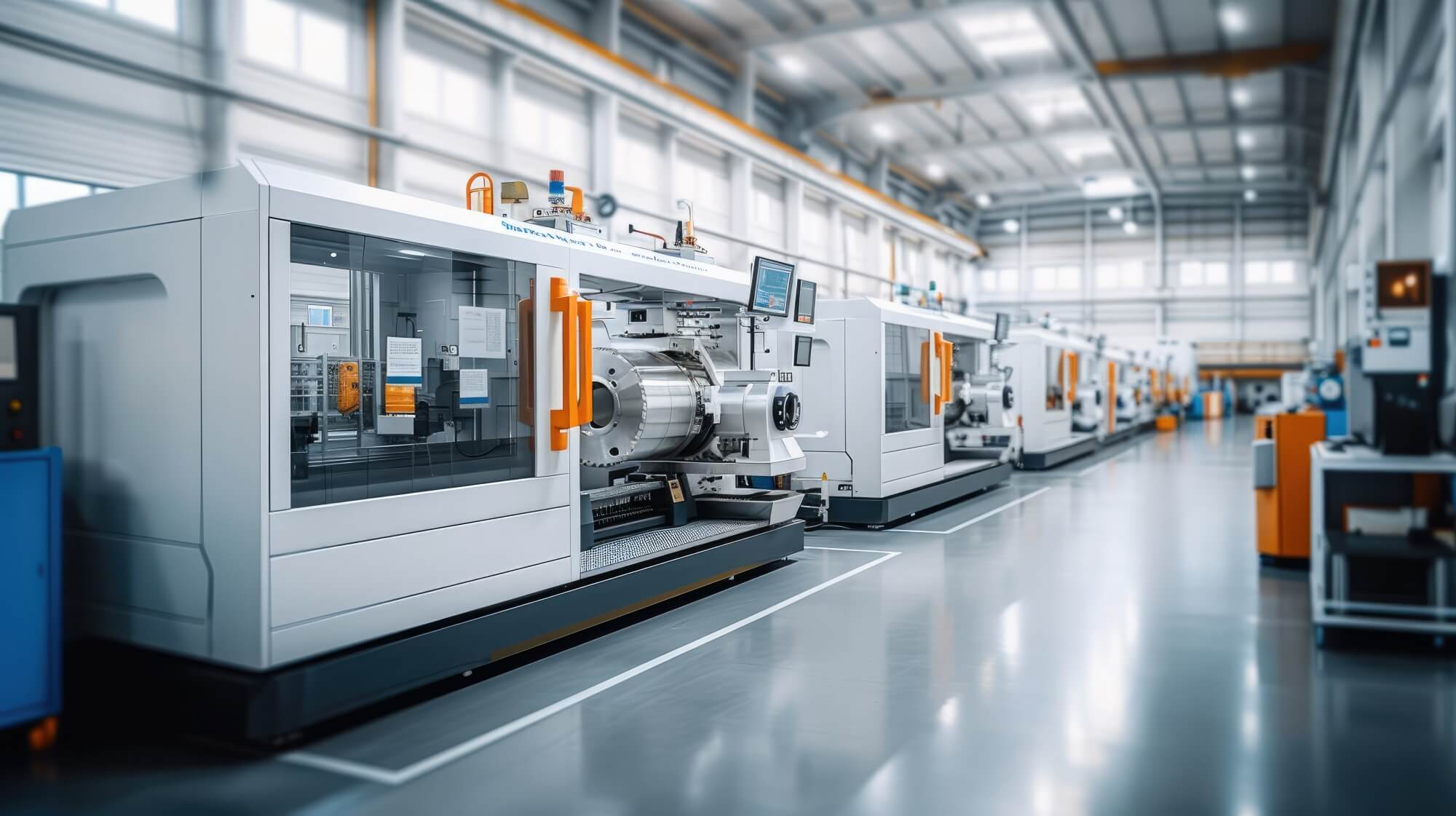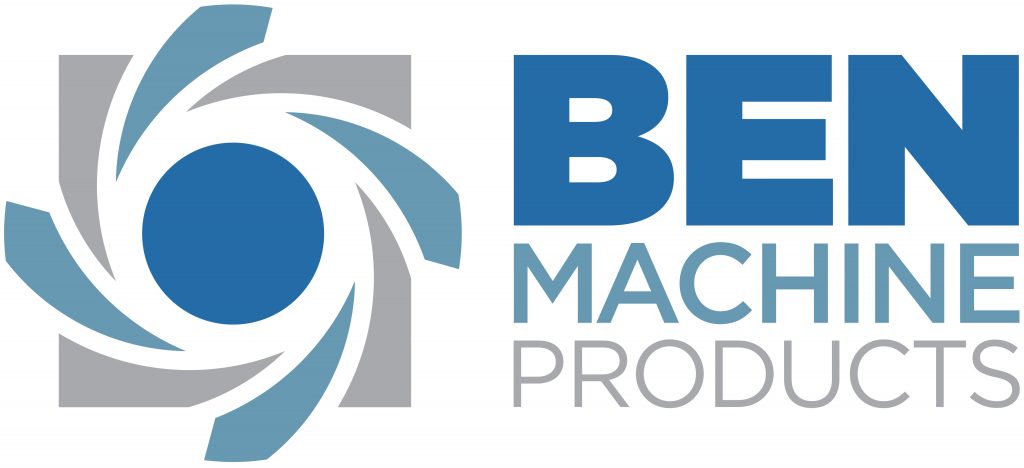
Efficiency and waste reduction are crucial for success in the competitive manufacturing world. Lean manufacturing, a methodology focused on minimizing waste and maximizing value, is becoming increasingly important in the CNC machining industry. By embracing lean manufacturing principles, CNC machine shops can improve their processes, shorten delivery times, and enhance customer satisfaction.
In this article, we’ll take a quick look at the core concepts of lean manufacturing and its benefits for the CNC sector.
What is Lean Manufacturing?
Lean manufacturing is a systematic approach to identifying and eliminating waste through continuous improvement, with a focus on delivering value from the customer’s perspective. Originating from the Toyota Production System in the mid-20th century, lean manufacturing emphasizes efficiency, quality control, and flexibility. The main goal is to streamline production processes, reduce costs, and boost overall performance.
Related: Optimization Of CNC Machining Process And Time Through Lean Manufacturing
The Role of Process Mapping
Process mapping is a crucial part of lean manufacturing. It provides a visual representation of work processes to identify waste areas. A common technique is the spaghetti diagram, which shows the flow of materials and information through the production process. By analyzing these diagrams, CNC machine shops can pinpoint inefficiencies and optimize workflows.
Embracing the 6-S Methodology
The 6-S methodology —Sort, Set in order, Shine, Standardize, Sustain, and Safety—is fundamental to lean manufacturing. It promotes a clean, organized, and efficient work environment, essential for high-quality CNC machining operations. At Ben Machine, the 6-S principles are central to our operations as they result in a well-organized workspace that enhances productivity and reduces the risk of errors.
Related: Lean And Innovation: How The Two Complement Rather Than Contradict
Creating a Clutter-Free Environment
Maintaining a clutter-free workspace is key to lean manufacturing. At Ben Machine, we remove unnecessary shelves and storage areas to prevent junk accumulation. This approach keeps the shop floor tidy and promotes a culture of discipline and efficiency. A clean slate mentality helps employees focus on their tasks, leading to better performance and higher-quality output.
Efficient Workflow with Staging Areas
Designated staging areas are another key element of lean manufacturing, facilitating better inventory management and job prioritization. These areas ensure that parts and materials are readily accessible, reducing downtime and streamlining the production process. Implementing staging areas in a CNC machine shop helps manage workflow more effectively, contributing to improved efficiency and faster delivery times.
Customer Benefits of Lean Manufacturing
Adopting lean manufacturing principles provides tangible benefits for customers, including reduced inventory levels, shorter lead times, and increased productivity. These improvements translate into cost savings, higher quality products, and timely deliveries, enhancing overall customer satisfaction. For CNC machine shops, a lean approach ensures that customer needs are met efficiently and effectively, fostering long-term business relationships.
Related: 10 Lean Manufacturing Ideas for Machine Shops
Conclusion
Integrating lean manufacturing into CNC operations is a strategy for improvement and a commitment to excellence. By focusing on eliminating waste and enhancing value, CNC machine shops can achieve greater efficiency, quality, and customer satisfaction. As the industry continues to evolve, embracing lean principles will remain essential for staying competitive and delivering superior products and services.


